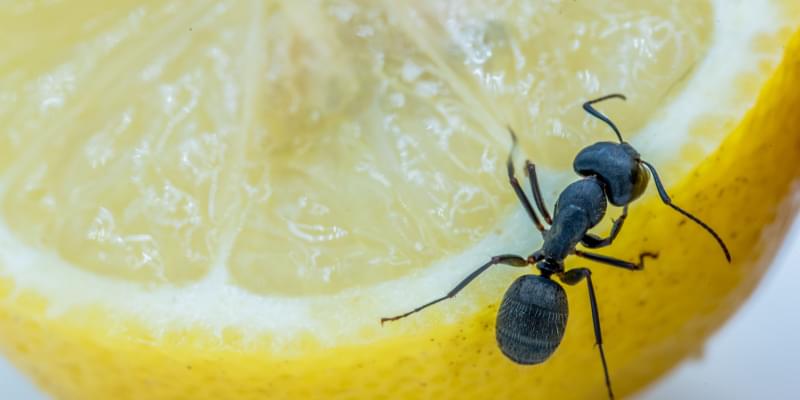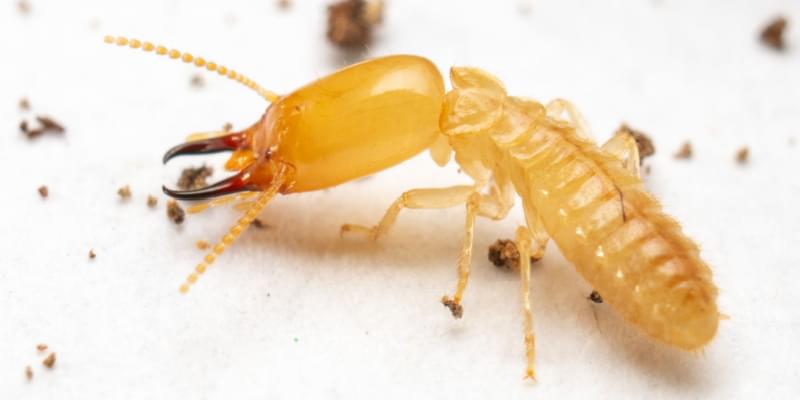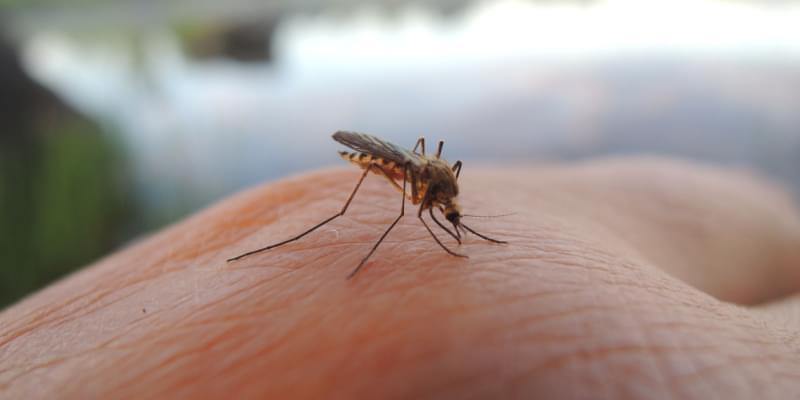Dealing with an ant infestation can be a frustrating experience, especially when your efforts to control them seem to be in vain. In such cases, it’s wise to seek the assistance of ant control experts who possess the knowledge, experience, and tools to eliminate ant colonies from your Indianapolis home effectively. This article will guide you through finding reliable ant control experts in Indianapolis, ensuring a pest-free living environment for you and your family.
Research Local Pest Control Companies
Start your search by researching reputable pest control companies in the Indianapolis area. Look for companies specializing in ant control with a solid track record of successfully dealing with ant infestations. Check their websites, read customer reviews and testimonials, and look for certifications or affiliations indicating their professionalism and expertise.
Seek Recommendations
Ask friends, family, neighbors, or coworkers who have dealt with ant infestations for recommendations. Personal experiences and word-of-mouth referrals can be very valuable resources in finding reliable ant control experts. Gather multiple recommendations and create a shortlist of potential companies to investigate further.
Check Licensing and Insurance
Ensure that any ant control experts you consider hiring are licensed and insured. Pest control companies should have the necessary certifications and licenses to operate legally in Indianapolis. Additionally, insurance coverage protects you and your property in the event of any damage or accidents that may occur during the extermination process.
Inquire About Experience and Expertise
When contacting potential ant control companies, ask about their specific experience in handling ant infestations. Inquire about the techniques, products, and equipment they use to address different types of ant species. A knowledgeable and experienced pest control expert can provide detailed information and guidance tailored to your specific ant problem.
Request Quotes and Compare Services
Obtain quotes from multiple ant control companies to compare their services and pricing. Consider factors such as the extent of the infestation, the size of your property, and any additional services offered. Remember that the cheapest option may not always be the best, as quality and effectiveness should be prioritized when dealing with pest control.
Ask About Warranties and Follow-Up Visits
Inquire about any warranties or guarantees offered by the ant control experts. A reputable company will stand by their work and offer warranties on their services. Additionally, ask about follow-up visits to ensure that the ant infestation has been completely eradicated and to address any recurring issues.
Read and Understand the Contract
Before finalizing an agreement with an ant control company, carefully read and understand the terms and conditions outlined in the contract. Ensure that all the services, costs, warranties, and any other relevant details are clearly stated. Seek clarification on any uncertainties before signing the contract.
Finding reliable ant control experts in Indianapolis is crucial when faced with an infestation that seems beyond your control; however, with some effort, you can make an informed decision and hire professionals who will effectively address your ant problem. Remember, investing in the expertise of ant control experts will ensure a pest-free environment in your Indianapolis home. So contact a Trio Pest Control now to provide you with peace of mind.



